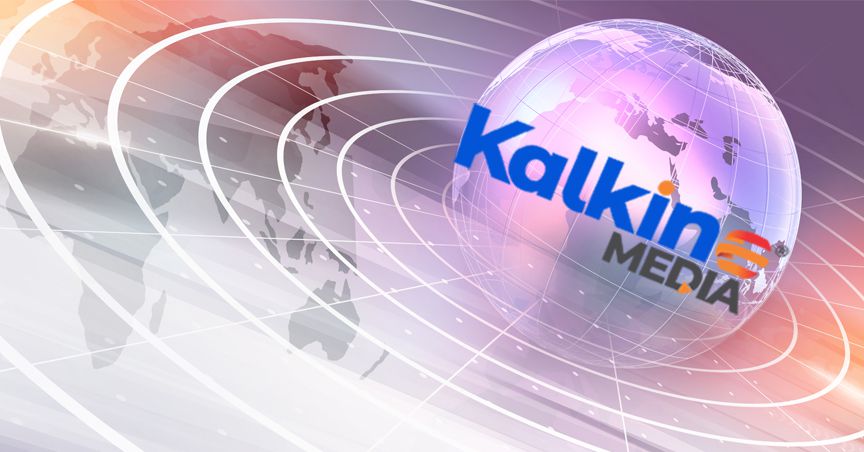The amount of polystyrene packaging making its way to pristine reef environments has dropped dramatically since a voluntary ban was introduced.
Conservation Volunteers Australia found the share of polystyrene in waste collected from urban waterways halved after the move to curb quantities of the packaging came into effect.
In March 2021, business were asked to phase out the material in packaging and food containers or face a mandatory ban.
Polystyrene accounted for more than one-fifth of litter collected from September 2020 to August 21, the conservation group reported, the year the voluntary ban was introduced.
It fell to 11 per cent the year after, while figures for rubbish collected between September 2022 and January 2023 show it is on track to remain at a similar level.
"Polystyrene has long been the worst offender in our waterways," Conservation Volunteers Australia chief executive Phil Harrison said.
"To see its volume halve in just 12 months on the back of a voluntary ban suggests real progress can be achieved when government, business, science and conservation volunteers all work towards common, common-sense goals."
Conservation Volunteers Australia is part of a campaign to stop ocean litter at its source - including in creeks and rivers - before it can flow to the Great Barrier and Southern reefs.
Lightweight plastic bags accounted for about two per cent of waste collected, which the conservation group said demonstrated state and territory bans were working.
Cigarette butts are now the biggest polluter of reefs.




